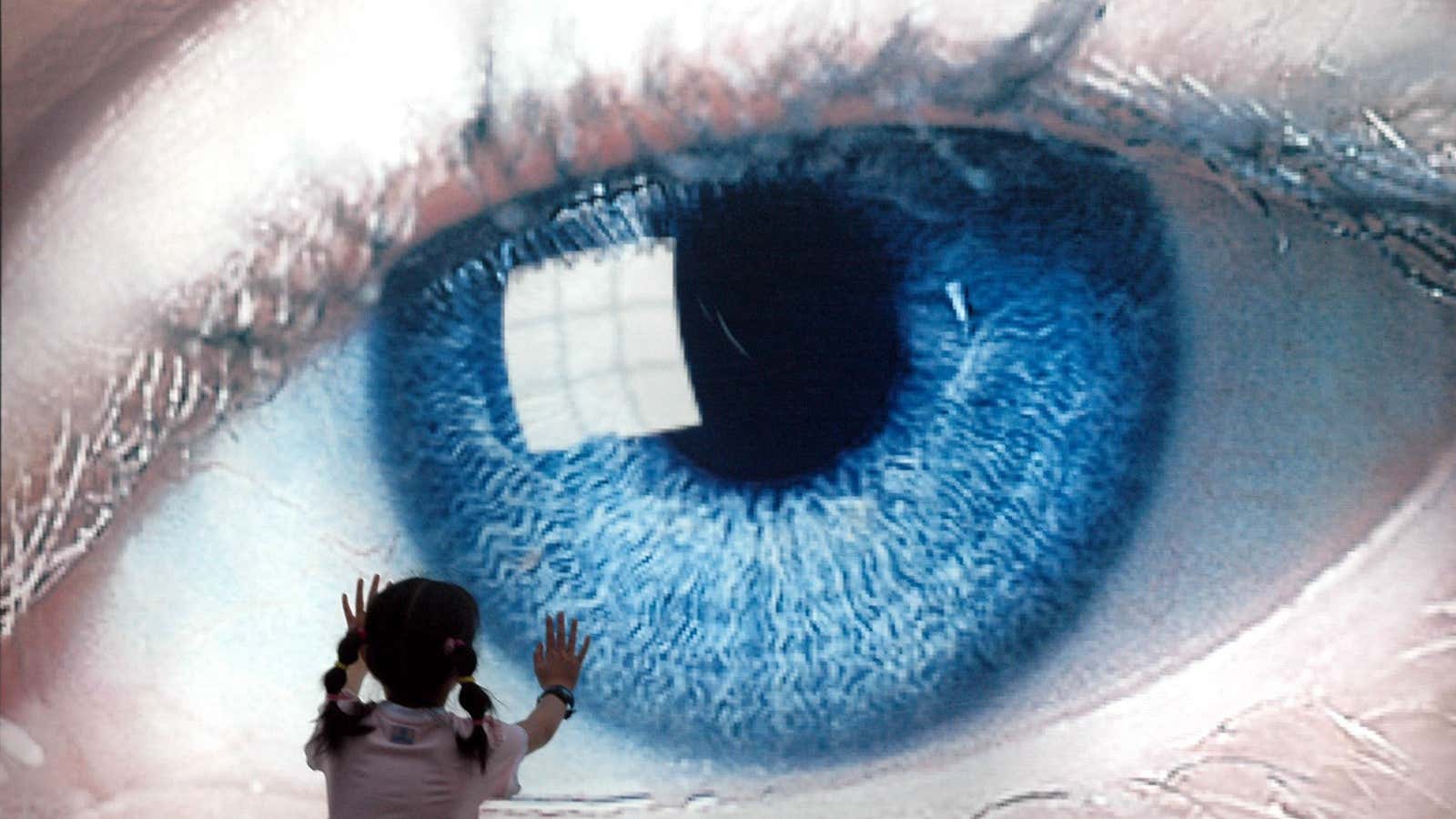Geneticists at the University of Vermont have revealed links between eye color and alcohol dependency, suggesting it occurs more frequently among people with blue eyes and less frequently among those with dark brown eyes.
The study, which offers another piece of evidence that alcohol dependency has a genetic component, involved a sample of 1,263 individual genetic profiles. They were pulled from a database that only contains genetic profiles of people diagnosed with at least one psychiatric illness, which includes an addiction to, or dependence on, drugs or alcohol. For this study, the geneticists filtered the database for patients with alcohol addiction or dependence and European ancestry.
Repeated analyses of the sample led to the conclusion that European Americans with light eye colors, including blue and green and gray, had higher incidences of alcohol dependency than those with dark brown eyes, and that blue eyes were most strongly associated with the condition. The data showed that people with blue eyes were also more likely to have genes associated with alcohol dependence. In the words of the scientists:
We found evidence of linkage disequilibrium between an AD-associated GABA receptor gene cluster, GABRB3/GABRG3, and eye color genes, OCA2/HERC2, as well as between AD-associated GRM5 and pigmentation-associated TYR. Our population-phenotype, network, and linkage disequilibrium analyses support association between blue eye color and AD.
This isn’t completely surprising, in light of previous research indicating that eye color can be associated with all sorts of specific health conditions.
Geneticists have also known for a while that many people of Asian descent have a hard time holding their liquor (compared to those with European ancestry) because their bodies make an atypical version of the enzyme aldehyde dehydrogenase, which metabolizes alcohol.
